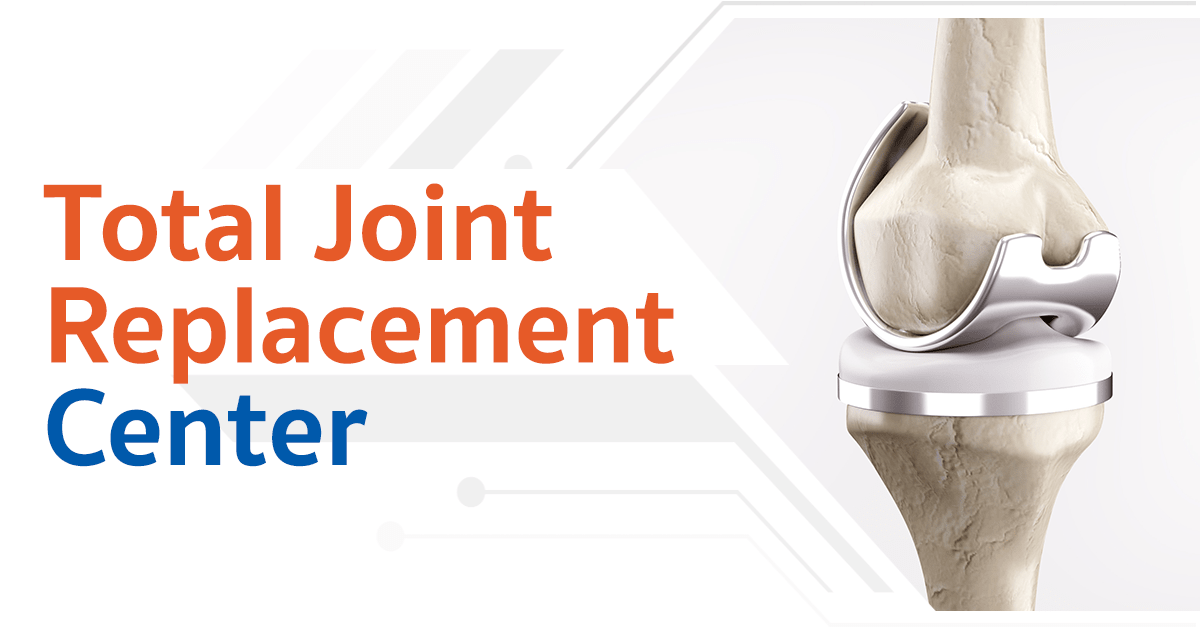
Health Articles
Shoulder Pain : An Unusual Sign of Massive Irreparable Rotator Cuff Tear


Shoulder pain is a common problem in orthopedic disorders. There are a variety of causes behind the pain. One of the most serious cause is massive irreparable rotator cuff tear. If you suspect shoulder pain or abnormal sensations, don’t leave it. You have to get the precise diagnosis and the correct treatment by shoulder specialist.
Shoulder Joint : The Greatest Range of Motion of Any Joint in The Body
In the normal anatomy, the human shoulder has a group of muscles that wrap around the shoulder called “Rotator Cuff Muscle”, consisting of Supraspinatus, Infraspinatus, Subscapularis and Teres Minor. The four muscles responsible for maintaining shoulder stability and rotating the shoulder joint.
If you have chronic shoulder pain, weakness of shoulder muscles or difficult shoulder movement and taking a pain reliever isn’t enough to ease the pain. These symptoms may be caused by Massive Irreparable Rotator Cuff Tear. The lack of treatment, the symptom will progress. Some of the complications including stiff shoulder and degenerative shoulder joint may be the consequence.
When the symptom progress to chronic state, the rotator cuff tear size is increase. The quality of the rotator cuff tissue is also get worse. This condition is called “Massive rotator cuff tear” (MRCT). It means that the remaining rotator cuff tissue cannot be repair due to poor tissue quality.


Treatment for MRCT
Now, with the advanced medical innovation, we have the surgical technique for treatment of MRCT, called “Superior Capsular Reconstruction : SCR”. This technique has successful result over 90% and now wide-spreading all over the world.
The surgery consists of harvesting the Fascia Lata from the lateral side of the patient thigh, and use this tissue to reinforce the stability of shoulder from superior side. Then repair the remaining rotator cuff to this tissue. The postoperative results are excellent in terms of pain relief and shoulder functions.
The last but not least, if you experience the shoulder pain, you can treat yourself with the first aid including rest, compression, elevation. But if the symptom still persist, please consult the shoulder specialist for evaluation and treatment planning.



















